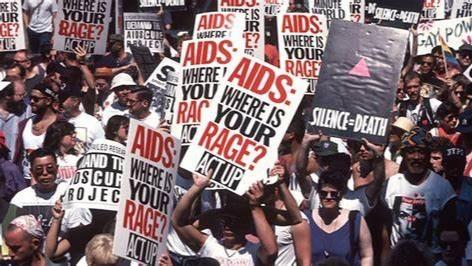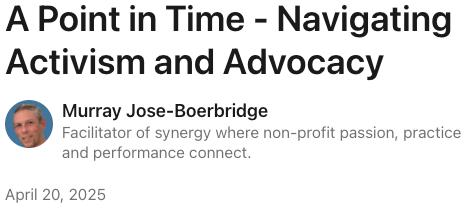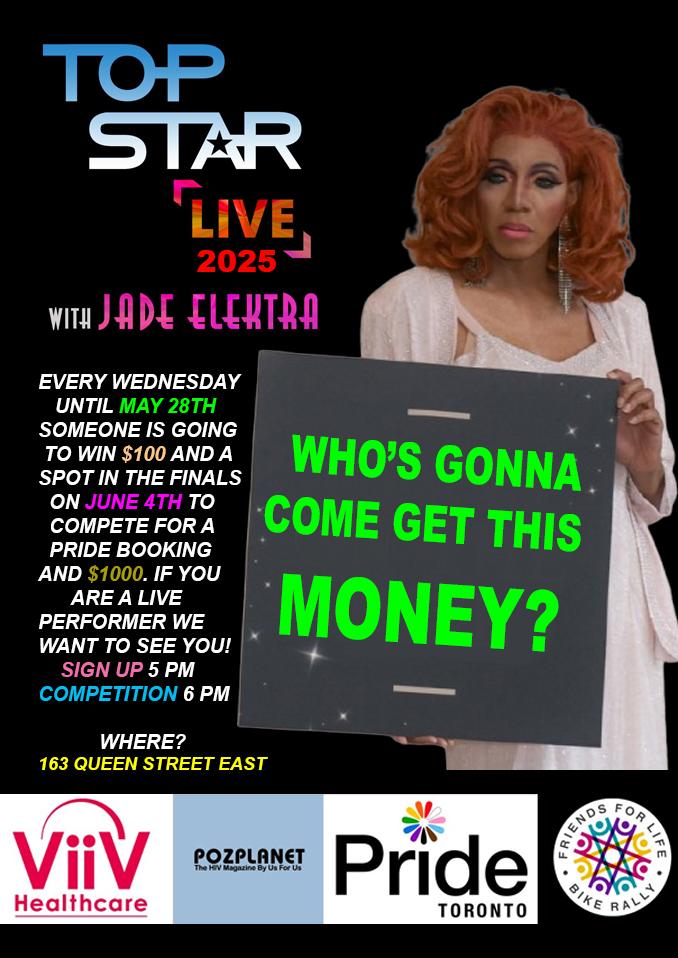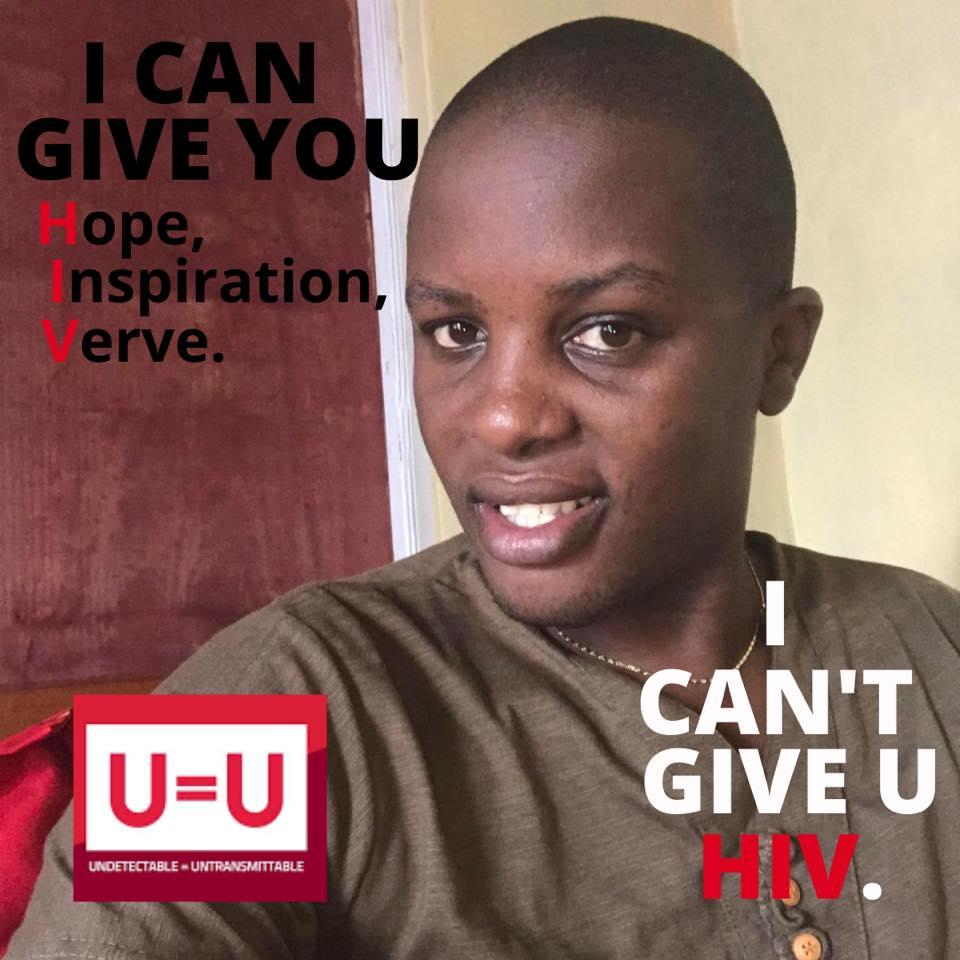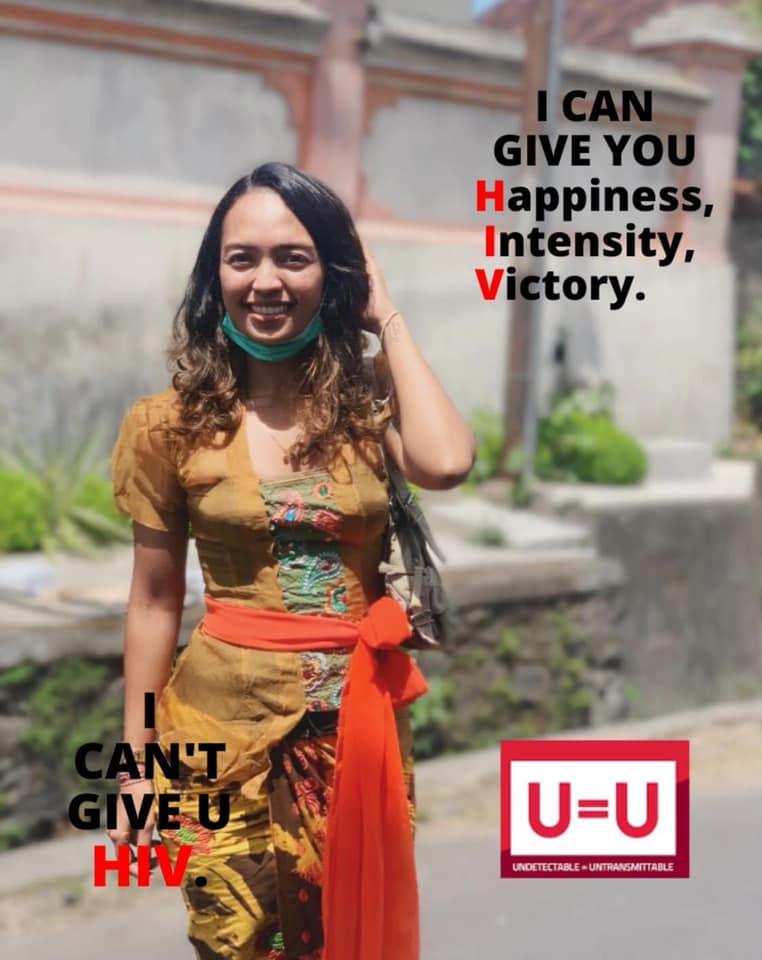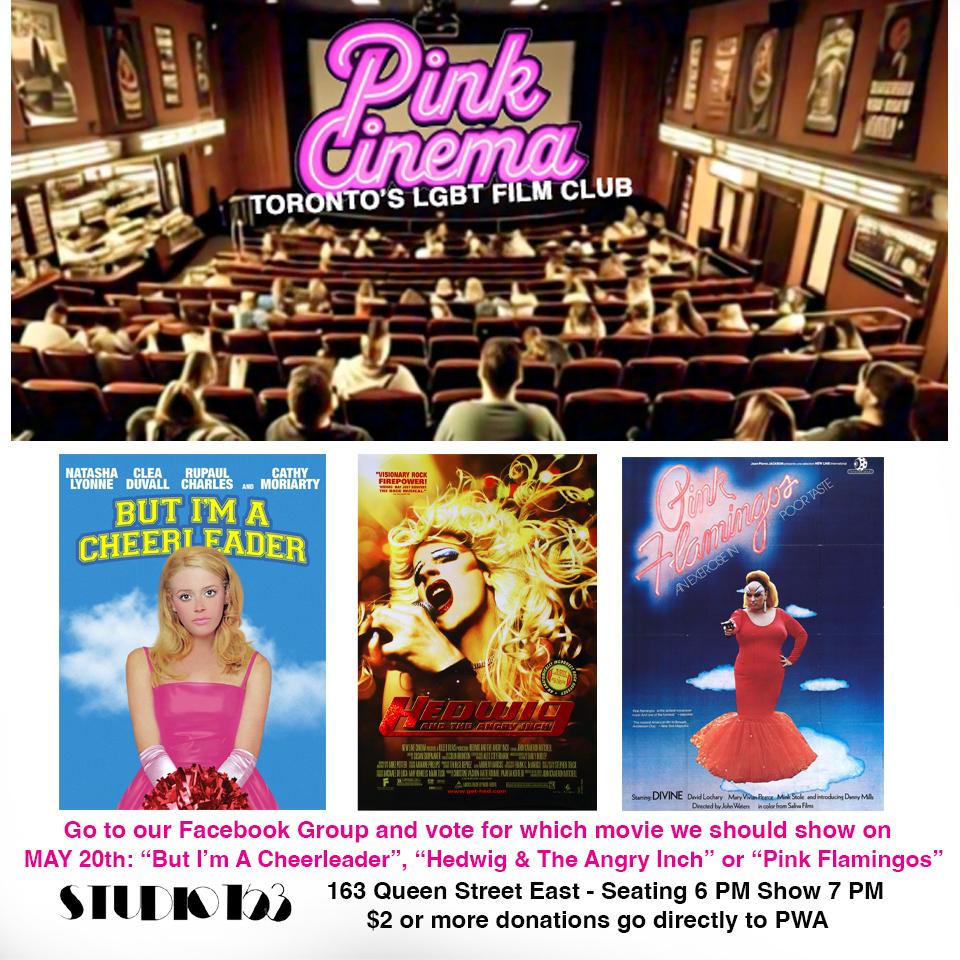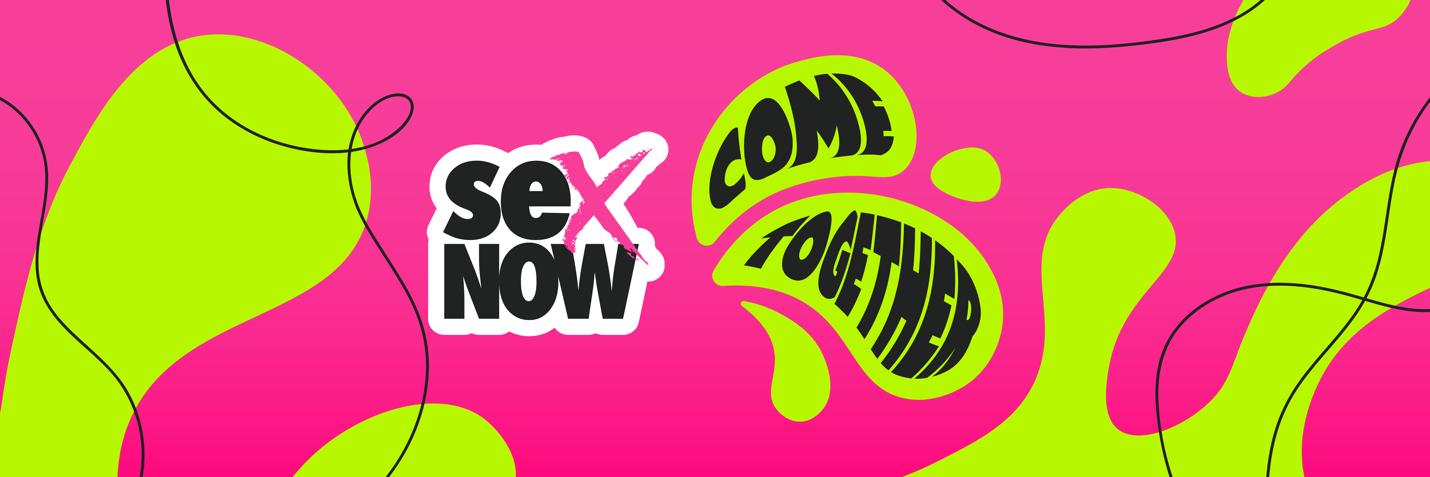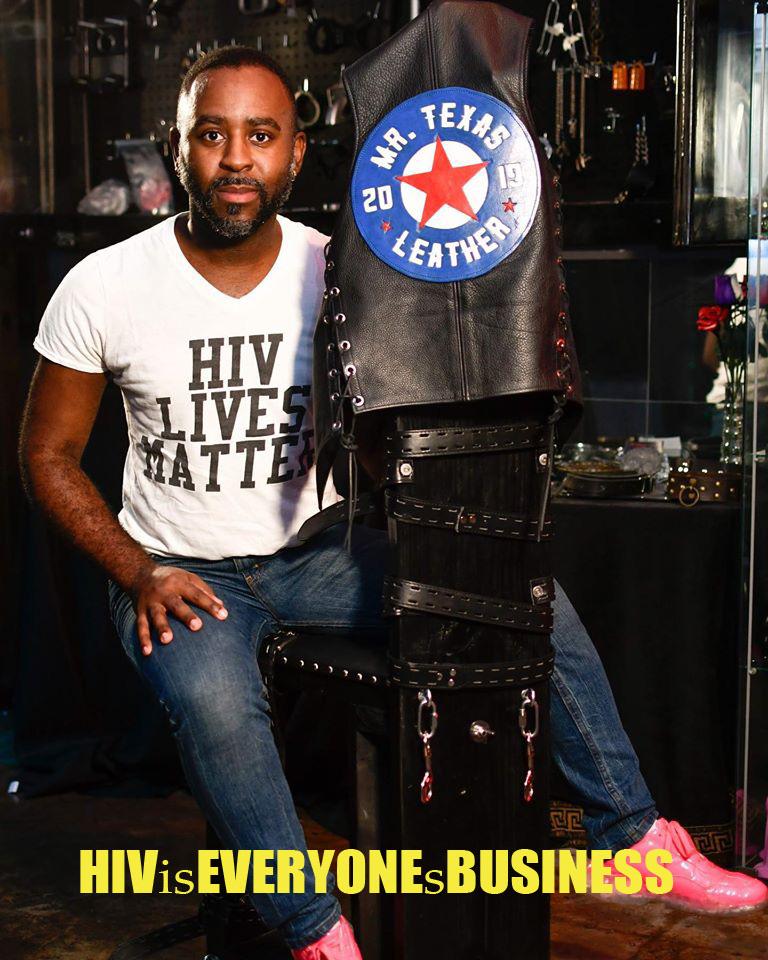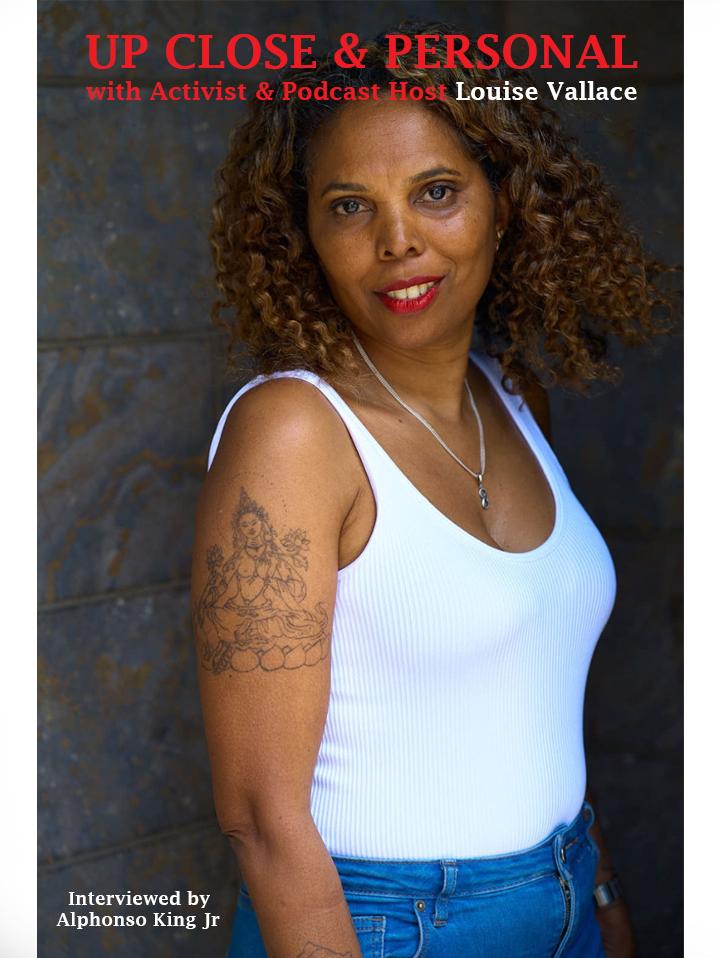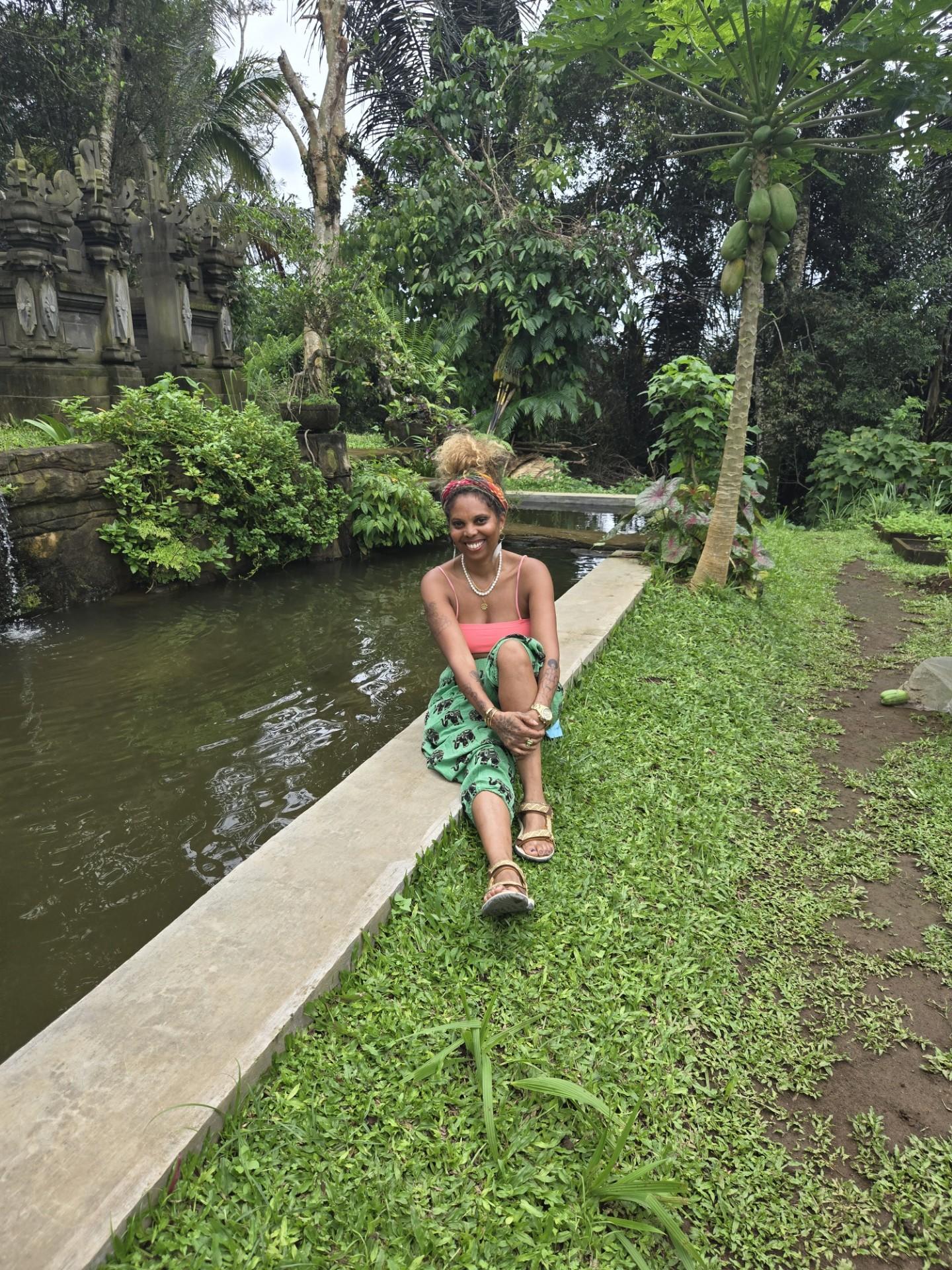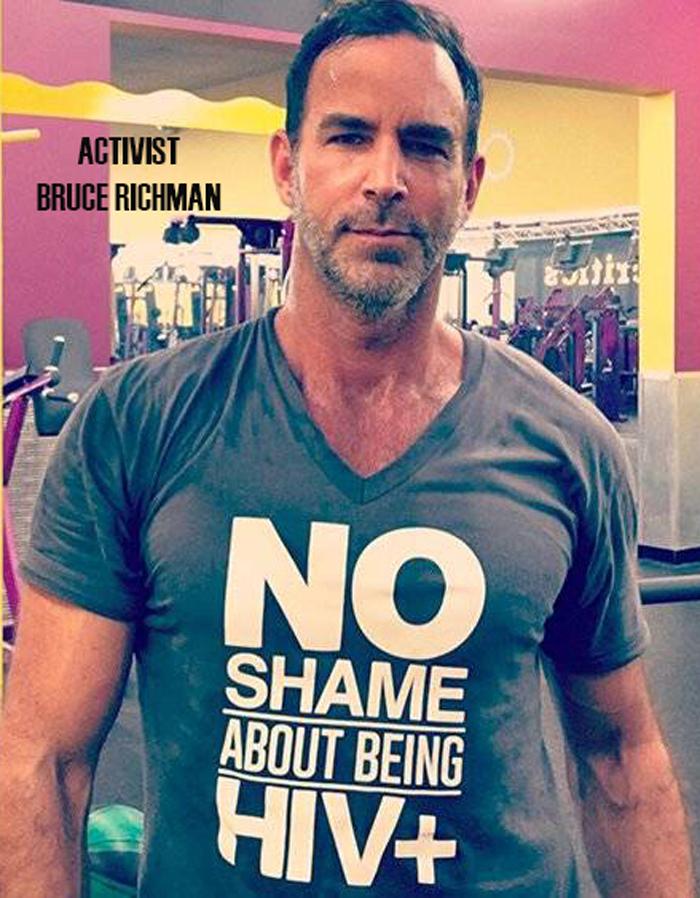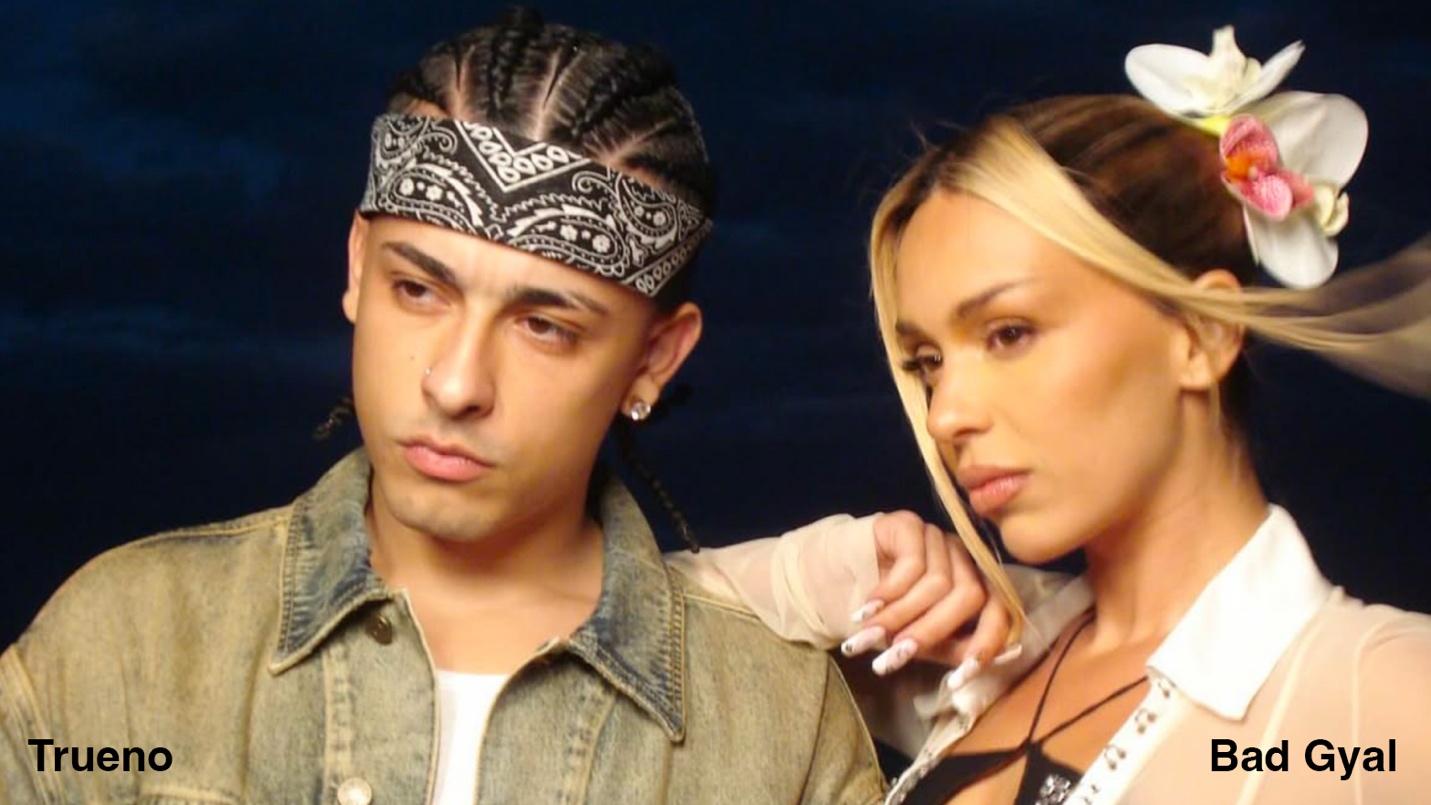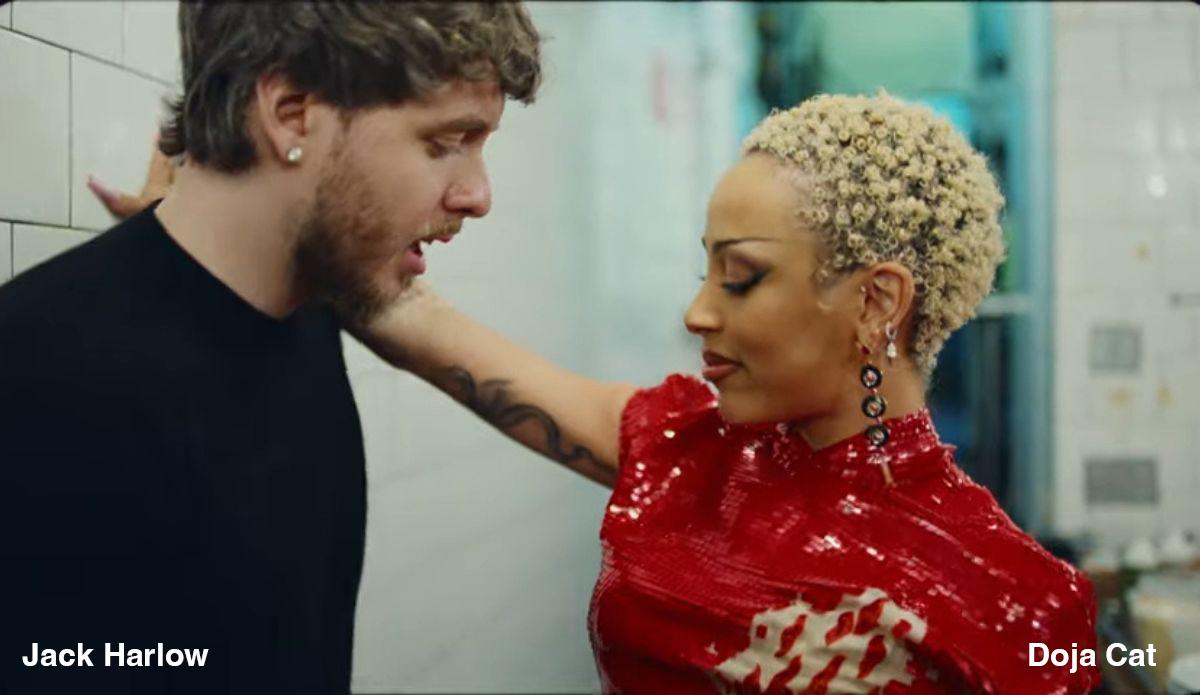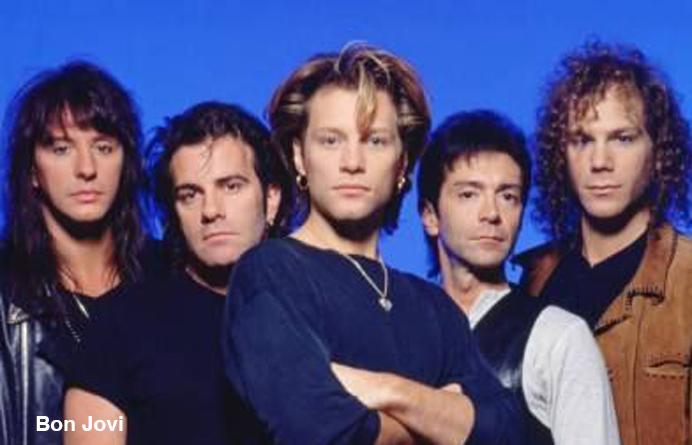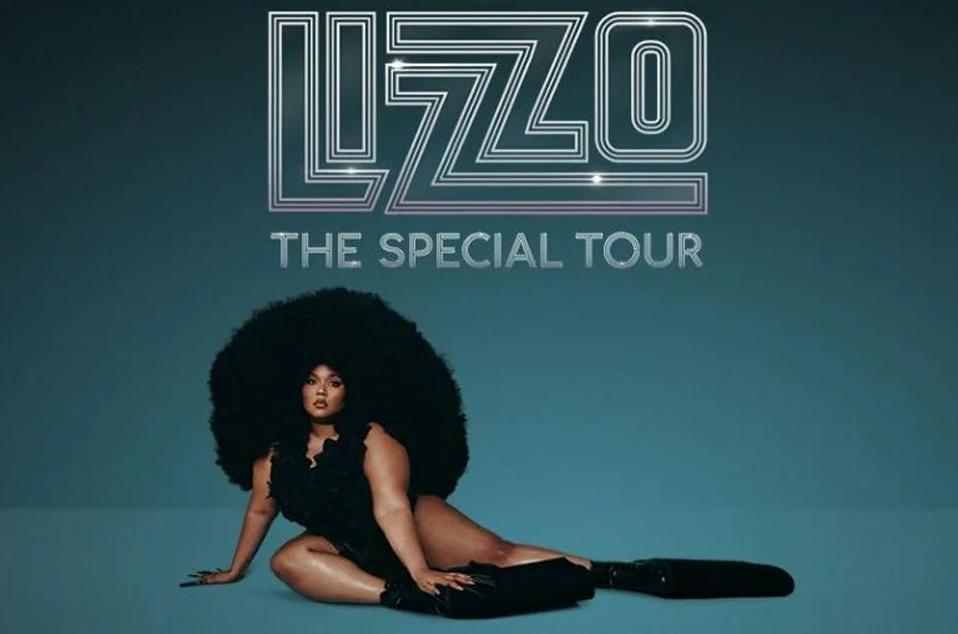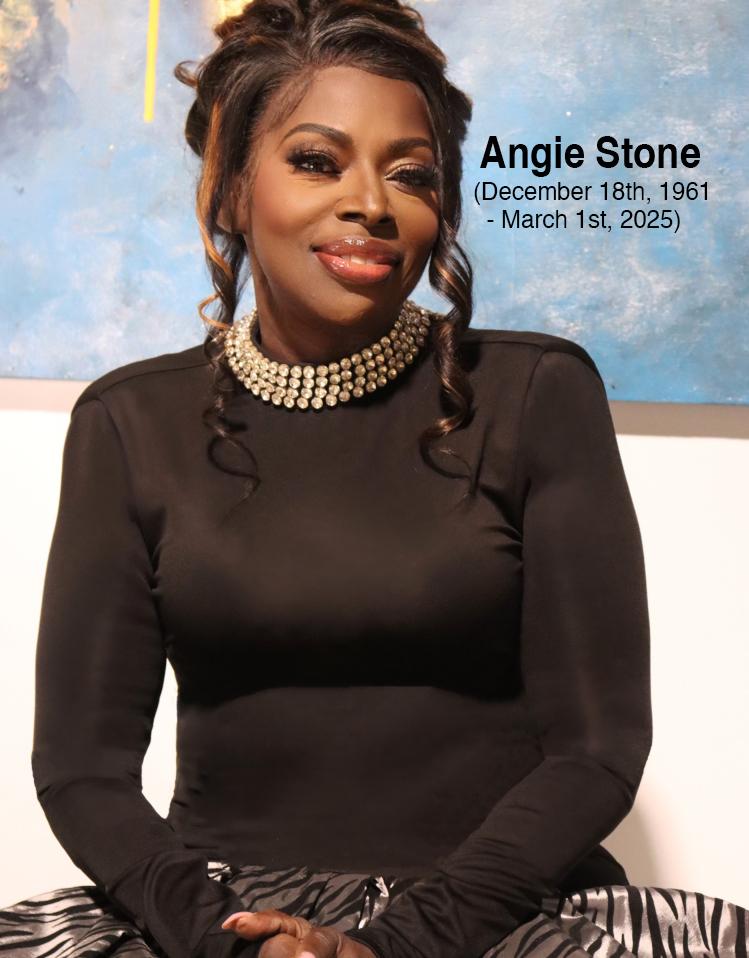FLIPPING THE SWITCH ON STIGMA AND STEREOTYPES IN EMPLOYMENT: Embracing and Celebrating Lived Experiences, Skills and Talents of PHAs
By AMM
May 20 is the anniversary of when HIV was first identified in 1983. Fast forward to today, despite the tremendous advancements in HIV care and the proliferation of information and education about how HIV is transmitted in the 42 years since then, many people living with HIV/AIDS (PHA) still face discrimination, stigma and barriers in many aspects of their lives, including the workplace. Like a bad itch that refuses to go away, fear of the disease, stereotypes, prejudice, misunderstanding, and misinformation continue to persist.
Research has found that up to 65% of working-age PHAs are unemployed compared to just 5 to 10% among the general public. There are many contributing reasons for this. Stigma and discrimination pose significant barriers to employment for many PHAs The ECHO Report, a 2016 ground-breaking study of employment among PHAs in Toronto and Ottawa found that 42% of PHAs reported having experienced employment discrimination, often linked to their HIV status, sexual orientation, or ethnicityi A similar study published six years later in 2021 in the International Journal for Equity in Health still described HIV-related stigma as a major barrier for PHAs to gaining employment. Participants attempting to start or seek new employment opportunities feared their HIV status would be disclosed to employers and co-workers, and the anticipated stigma they might face. This fear is not without basis as the study included anecdotal evidence from participants that some employers still dismiss employees upon learning about their HIV statusii . It goes without saying that employment, and a safe and supportive workplace are a big concern for many PHAs. In addition to the security and opportunities that a stable income affords, the lack of income, poverty, and food insecurity have been connected to poorer health outcomes, decreased adherence to antiretroviral therapy, and even higher rates of mortality among people living with HIV. These employmentrelated statistics and findings underscore a frustrating and debilitating cycle that can make us feel unsafe, constantly worried about losing our jobs, or never being hired if our status is discovered.
My name is AMM. I was diagnosed with HIV in 2009. Like many other PHAs, I choose to remain anonymous when it comes to discussing my HIV status in public spaces. The fear of a potential or future employer’s reaction if they find out about my HIV status is a real concern for me, especially in the reality we face today where information about a person is just an internet search away Hearing accounts of people being dismissed from their jobs, coupled with the statistics, are enough to make myself or anyone think twice before disclosing their status. It's not just about the fear of losing a job; it's the constant anxiety that seeps into every job interview and everyday interactions, knowing that colleagues might harbor unfair assumptions about what it means to live with HIV.
in their journey, offering guidance, and being a source of hope. Living with HIV for over two decades has given me a unique perspective. I understand the fears, the challenges, and the stigma that many face. But I also know the power of community, advocacy, and knowledge in transforming lives. Through this program, I’ve seen people go from feeling isolated to feeling empowered. Whether it’s helping someone navigate the healthcare system, access essential resources, or simply being there to listen, every small action makes a difference. This work is not just about providing information; it’s about fostering resilience and reminding people that they are not alone.”
Hearing AH’s words reminds me of why initiatives like the Community Navigators program are so crucial: they create a sense of belonging and offer a platform for PHAs to be their authentic selves in the workplace, and to support and uplift each other. It’s one thing to read statistics about discrimination; it’s entirely different to witness firsthand how encouragement, opportunity, and community can help us heal, grow, celebrate, and reclaim our intrinsic sense of dignity and self-worth.
Raj Jagwani, Team Lead and a key figure in shaping the Community Navigators & Housing Help program into what it is today, believes that the willingness of the Navigators on the team–both PHAs and non-PHAs alike–to share and leverage our lived experiences, skills and knowledge is what truly drives its success. In his view, having colleagues who are PHA opens up new pathways and insights for collaboration and compassion, which ultimately strengthens service delivery.
I wish and hope for a day when HIV status is not an issue in workplaces and more PHAs are welcomed into workplaces that embraces their lived experiences and insights. In the meantime, stigma remains a reality. Deeply-rooted societal biases and systemic barriers will require policies, advocacy, and united efforts at every level to spark and effect real, meaningful change. Every conversation we have that challenges misconceptions, and every time we speak out against injustice, chips away at the prejudice that many PHAs still face, and offers hope for a different reality: a future where (fear of) discrimination against one’s HIV status is truly not a barrier to employment, and where every workplace is accessible and welcoming of all PHAs. There’s still lots of work to be done, but with each step, we move closer to a world where our status doesn’t define us our contributions do.
About the Author
AMM was born in southern Brazil and immigrated to Canada in 2018 to learn English. Due to political pushback against the LGBTQ community in Brazil at the time, he decided to stay permanently in Canada, where he found community, safety, and opportunities to thrive. AMM had the privilege of pursuing a degree in Communications and Advertising in his home country and later received an opportunity to further his studies in Canada through a postgraduate certificate in International Development. He is currently working at Fife House (www.fifehouse.org), a nonprofit organization that provides secure and affordable supportive housing and services for individuals and families living with HIV/AIDS in the Greater Toronto
Area. AMM is also studying French and dreams of a world that will hopefully awaken to compassion and cooperation.
Sources i Rueda, S., Smith P., et al. “Employment Changes and Health Outcomes Study (ECHO) Report.” 2016. Ontario HIV Treatment Network. https://www.ohtn.on.ca/employment-change-and-health-outcomes-study/ ii Perri, M., Craig-Neil, A., Gaspar, M. et al. “A qualitative study of barriers to employment experienced by people living with HIV in Toronto and Ottawa.” International Journal for Equity in Health 20, 36 (2021). https://doi.org/10.1186/s12939-020-01356-4
WHAT IS PINK CINEMA? It’s the new Toronto LGBT Film Club where you can join the PINK CINEMA facebook group and vote on what we show on the third Tuesday of each month.
Join here: https://www.facebook.com/groups/195374003920591
Event page here: https://www.facebook.com/events/1868769597284961
Donations go directly to Toronto’s People With AIDS Foundation.
Sex Now 2025: Now Online and Open to All 2S/LGBTQ+ People!
Sex Now 2025 is now online! Join Canada’s largest and longest-running health survey for 2S/LGBTQ+ people today. Your participation in Sex Now helps us collect vital data that shapes public health policies and community services. Share your experiences today and be part of creating change!
For the first time, the Sex Now survey is open to 2S/LGBTQ+ people of all genders. Your voice is essential in creating a comprehensive view of our community’s health needs. Participate now to make sure everyone is represented!
Sex Now looks beyond sexual health to understand your overall well-being. From mental health and gambling, to substance use and living situations, let us know what matters most to you. Complete the survey and contribute to a deeper understanding of our community’s diverse health needs.
In a world where anti-2S/LGBTQ+ sentiment is rising, your input is more powerful than ever. Tell us about your experiences with stigma and discrimination, and help us fight for a more inclusive society. Your participation in Sex Now can drive real change.
The survey is available in English, French, and Spanish. To take the survey, and for more information about Sex Now, please click below.
Take the Survey Now!
Help us spread the word by sharing information through your social media channels, websites, or newsletters.
As I have highlighted before: women (people living with HIV assigned female at birth) are not receiving the same care that men are. It’s important that support services and the health care system recognizes these diLerences and ensures that women are given the support they need to be able to live long and healthy lives.
• The Pacific AIDS Network published an article written by researcher, Monte Strong, PAN Research Coordinator, about Community Based Research.
https://paninbc.ca/2025/04/10/cbrbasics-part-22/?utm_source=mailpoet&utm_medium=email&utm_source_platform=mailpoet&utm_ca mpaign=April-22-2025
This article highlights the reasons that people living with HIV need to get involved in carrying out community-based research. I have been a peer researcher in several community-based research projects and the reason I get involved is because I know how important it is that research is carried out by the people most aLected by it. When we are involved, the research “leads to meaningful, lasting change”. “When individuals with lived and living experience actively contribute to research design and implementation, the focus shifts from merely studying communities to working alongside them.” But this only happens when people living with HIV are involved from the beginning and are involved in data analysis activities and share the insights gained by the research themselves with community This means that the research community needs to understand the meaningful involvement and engagement of people living with HIV. They need to ensure that community-based researchers are given capacity building opportunities in research so that they have the skills and knowledge to be able to contribute to research from the beginning. They need training on creating a research proposal, carrying out research, data analysis and how to carry out activities to share the knowledge gained in ways that will have the most impact. Currently this training is very hit and miss. If you happen to know someone, who knows someone, who knows someone, maybe you might be invited to take part. Often the training is on how to do a survey. Nothing else is oLered. There are many, many people living with HIV who already have these skills and taken the basic “How to do a survey” training. The research community needs to step up to get people living with HIV who have these skills involved very early on and provide them with the training necessary to be involved at ALL levels of the research. Then, they can say they are carrying out Community Based Research because people living with HIV, the community, are doing the research.
I’m looking forward to my Ears to the Ground columns. If you think you have subjects you’d like to see discussed, do not hesitate to reach out to myself or POZPLANET Magazine here: https://www.facebook.com/PozplanetMagazine2019 and let us know what you’d like to know more about and I’ll do my best to provide the information to you.

Editor’s Introduction: About a month ago I met a young lady at an event I was hosting in the PWA building in downtown Toronto. We struck up a conversation and I quickly realized that she had no idea that PWA stood for “People With AIDS”. She asked “Is AIDS still a problem?” I knew then that she needed to take a deep dive into what has been going on with the HIV+ Community as well as U=U. She mentioned that she was studying journalism. So, I asked her to write an article about what she could find out about U=U and to ask some of her friends what they knew. I always believe it is really important to know and understand the thinking of folks who are not HIV+. Perception is everything and with our current ads and commercials for PrEP and injectables it could be perceived that the AIDS epidemic is over. Let’s take a look at what she discovered in her research
Why knowing about U=U could save you
Is getting HIV the end of it all? Well, no. In today’s age U=U is a beacon of hope for people with HIV. U=U means undetectable = untransmittable. If a person living with HIV takes their medication they can lower the level of HIV in their body to the point that it is untransmittable. That's awesome isn't it? But it's not a clear set pathway from falling ill to becoming cured. Many People Of Colour deal with a lot of pressure from their communities to be silent about HIV especially if they got it from a homosexual interaction. Homophobia is a big part of the stigmatization of people living with HIV. The perception of being gay presents big problems for Black, Latino & Indigenous people But remembering that this is not a ”Gay Disease” is so important in our social media driven world right now.
I spoke with Drew Schonbe who is the owner of a PreP Clinic and he told me some interesting things. He started his clinic in 2016 and expanded because there was a need for in-person care. He says that discrimination and systematic racism are common amongst different marginalized groups. Stigma plays a role and the culture one comes from can make it challenging. If you’re growing up in a religious homeChristian or Muslim - there’s a taboo that creates cultural challenges depending on their environment. It’s not consistent, it’s not a monolith. Just because someone is from the same background doesn’t mean they have the same lived experience.
Nour: Many don’t like talking about it but is it taboo to talk about HIV/AIDS many communities?
Drew: In our clinics around Ontario we see a lot of newcomers where we see aspects of concern. The question is, who will know I’m taking medication? So we maximize privacy. People don’t have to give their names. So it’s not tied to their health card. First thing’s first, people either don’t have health cards or don’t want to provide one. If there’s a concern that the family doctor will know, or if their family will know. We have in-person clinics that are discreet. And we provide medication at the clinic instead of them having to go to the pharmacy and avoid them going around too much. And we offer injections if they don’t want to carry pills so nobody’s discussing their personal life.
Nour: Do you have a lot of locations?
Drew: Three! One in Brampton, Ottawa, and Toronto - in-person. We also do online across Ontario. But no, we're not a Canada wide service.
Nour: Have you heard of U=U?
Drew: We actually have a big wall where it says U=U in our Toronto location. It’s very important. Part of HIV prevention is getting the treatment. Getting folks diagnosed and getting them preventable medication. We strive for U=U for our patients. And we see people who don’t know anything about this so we get them the access they need pretty quickly. We educate folks about U=U. We target people with high risk for HIV and there tends to be a lot of stigma internally. We take steps to educate. We had stickers on our bottles as part of a campaign with U=U stickers and made marketing campaigns to target stigma at every level.
Nour: Do you think People Of Colour have sufficient access to medicine?
Drew: I think that there are some barriers and challenges for any different community. Any community that is radicalized living in Canada there are challenges with access for multiple reasons. Either culture, is competent care given by the care provider? Are they comfortable with the care provider? There’s a disproportionate number of people who have issues accessing medicine. Also, regionally some regions may be under-serviced. It’s a mix of that.
Nour: So, including women too how does it work?
Drew: Women, we know in health care, compared to men they don’t get attended to in the same urgency. They’re not taken seriously, and it takes time to address the issue. There are risks of HIV - 1 in 4 people with HIV is a woman. So, there’s sexism and racism. There’s a lot of compounding factors.
Nour: I heard a lot of women get HIV from their closeted gay husbands?
Drew: I haven’t heard that specifically. I’m more informed about HIV acquisition. Maybe it happened some years ago. But I never heard that specifically. I’m sure it happens but there’s no data about it. One of the things that I see a lot is that there are, when you are marginalized - systemic barriers then you have a home, culture, community that isn’t happy with who you are. SO you’re less comfortable looking for PreP and pushed into living into a lifestyle that you want or need. I’ve come across patients who identify as gay and are married to women and are at risk of HIV. I can’t think of any patients where their partner acquired HIV and gave it to their partner but it hasn’t happened at our clinic.
Nour: For the people out there who don’t know, what is Prep?
Drew: Prep is Pre-exposure prophylaxis for people who are concerned of getting HIV primarily through sexual activity or intravenous drug use.
Nour: In terms of activism and services he pointed to:
PWA - The Toronto People With AIDS Foundation
BlackCap – The Black Coalition for AIDS Prevention
ACCHO – The African & Caribbean Council on HIV/AIDS
ACT – The AIDS Committee Toronto
These organizations deal with helping people from marginalized communities get the help they deserve. It’s a sensitive subject but talking about it definitely incurs more understanding and compassion.
Now that we have talked about racism and stgma it makes a difference when trying to get medicine to save your own life from HIV/AIDS. U=U is a campaign for a medicine that tries to lower the amount of HIV in someone’s body. It’s all about the number of “copies” in your blood. By copies I mean, copies of HIV per millilitre of blood. If you have fewer than 20 copies then the level of HIV/Aids is undetectable and therefore untransmittable hence the name “U=U".
To add some history, HIV/Aids medication was discovered because of the “Berlin patient” - a man called Mr. Brown who contracted Leukaemia and was given care for it. While caring for his Leukaemia the doctors discovered a way to treat his HIV/Aids by accident.
While everyone seems to be familiar with HIV/Aids they’re not as familiar with the medication for it.
I spoke with 15 students at Seneca college and none of them were familiar with U=U. I also spoke with some pedestrians to see what they know about HIV/AIDS. I then proceeded to interview people around Islington and Square One. I asked about HIV/AIDS and then explained U=U to each person to get their response.
The following are some interviews I did with people around Mississauga:
TJ(student) - 22 years old
Are you aware that HIV is an issue in Canada?
Yes, I don’t know to what extent, but I know it’s a global issue.
Have u heard of U=U?
No but I’ve heard of medication like that but I just didn’t know what it was called.
John (bricklayer)- 27 years old
Have u heard of HIV/AIDS?
Oh yeah
Are you aware that it’s an issue in Canada?
No
Have u heard of U=U?
No
So now that you know what U=U is. Do you feel like people with HIV/Aids should be stigmatized?
They definitely do. If you decide to be unsafe and that takes a wrong turn on you then it’s on you. You shouldn’t say to someone that oh you’re less likely to get it if I’m taking this if that’s where U=U is going . I think your body still has it. If you have it, and let’s say it lowers the dosage I still think you should never have unprotected sex ever.
Navkaran (shipper and receiver in a warehouse) - 25 years old
Are you aware of what HIV is?
Yes
Have you heard of U=U?
No
Do u think that removes the stigma for people with HIV?
Yes
Camilo (weed dispenser associate) - 22 years old
Are you aware of HIV?
Yes
Are you aware of HIV in Canada?
Yes
Have you heard of U=U?
No
Now that you know what it is do you think the stigma can be removed around people with HIV?
Yes. I think I didn’t know about that medication so it’s something cool.
Valeria (banking) - 34 years old
Have you heard of HIV?
Yes
Are you aware that it’s an issue in Canada?
No
Now that you know about U=U does that remove the stigma around HIV and AIDS?
Yes I guess
Each month we here at POZPLANET love to introduce our readers to a few of the people who are making a difference in our HIV+ Community. Out of the blue I got contacted by this month's featured person. She is the producer and hostess of the AUNTY LOU'S HOUSE (a podcast that interviews HIV+ people from around the world). It is my pleasure to sit down with Louise Vallace
AK: It's been a couple of months since I did your podcast. How have you been?
LV: Hey, life has been great actually! I turned 55 in March 2025 and decided to take my retirement early rather than wait until I am 65! HIV has empowered me to be free! Ha-ha!
I'm discovering new experiences and new ways of being. In that I mean aging and being a mother of adult children. I’m also exploring my mind and body in new ways… adjusting to being a daughter of an 82-year-old mother. If you know you know!
Before i retired I was a Programme Manager with over 30 years of experience of working with the UK central and local government, the private sector and domestic abuse charities.
I am currently working on various projects such as my podcast Aunty Lou’s House It was so nice to meet you on the show, you were a breath of fresh air, I felt a real sense of community when we spoke. It was so nice to hear about the roots of POZPLANET
AK: Aww, thank you. I felt a great connection as well. So, before we get into what your podcast is about and how you started let's talk a little about where you are from and what's your background.
LV: I was born and raised in London UK. The youngest of 3 siblings. My parents immigrated to London from St Lucia, in the Caribbean. I’m not sure if you have heard of St Lucia, it is a very small, beautiful Island.
I met my first husband when i was 18 and we got divorced when i was 30. I met my second husband when I was 49 and got married when I was 53 I split my time between London and Romania. I have 3 adult children, 2 boys and a non-binary person.
I am the founder of Aunty Lou's House (a platform dedicated to HIV advocacy and holistic wellness). The name Aunty Lou;s House came from being in my house in London, where friends, family, acquaintances, extended friendship groups - and in particular my children’s friends, would come to visit.
My house was deemed as a non-judgemental house. I love to cook, entertain and make people laugh…I want them to feel welcome. I enjoy creating a safe space for nurture, development and hope., i had a few parties, tears, laughter, joy and pain in that house. I sold it. So, this is my way of creating that space via an online presence.
I go onto the streets of London and other cities to talk to the public about HIV, in a series called "Aunty Lou Street Talks" . I started these street talks as a way to directly engage with people about HIV to open informative dialogues and reduce stigma. I speak at numerous organizations (including the BBC, The Royal Chelsea Flower Show, The Metropolitan Police, schools, churches, colleges, Amazon and various HIV panels). I also coach selected people to help them reach their goals.
I teach yoga and vegan cooking via an on demand online training course. In June I will start my training to become a yoga therapist. I'm so excited about this! Going back to school as a fully grown adult, Ha-ha!. When I was young, I didn't have a great time at school and was not very academic, I didn’t know i was dyslexic until i was in my 40s. I have a strong affinity for neurodivergent people. My husband has ADHD, which means we work really hard to understand each other.
I am a Community Advisory Board Member for The Well Project USA, a Member of the European AIDS Treatment Group, a London HIV Ambassador for Fast Track Cities, a Positive Voice Speaker for the Terrence Higgins Trust UK and and a Community Board Member for the National AIDS Trust UK.
AK: It is not often we get to interview women or straight people at all. There are plenty of gay men who will share their journey of living with HIV, but I love getting to hear about other experiences and also reminding everyone that this is not a gay disease. Would you mind sharing how long you have been positive and what was it like when you learned about your diagnosis?
LV: I have been living with HIV for 19 years. I decided to go get a full sexual health check-up, because I never had one before. I was raised catholic, went to a convent school and didn't see myself as someone who needed a sexual health check. My biggest fear was getting pregnant, but I had been sterilised so was not worried about getting pregnant. Boy was I naive!! Ha-ha!!
I remember the day that I went to get my results. I wasn't really concerned and was not knowledgeable about STDs. So when the nurse told me I had HIV my head started to spin, I went numb, I kept repeating the words “what?” “what?” “what?” I cannot put into words how shocked I felt. I had limited knowledge about STDs and certainly didn't understand anything about HIV. As far as i was concerned - I was going to die. My mind went straight to the early 1980s adverts about HIV and AIDS being a gay disease that can kill you. I went home, lay on the sofa and cried and cried. I cried for my children…I cried for me.
I reviewed my will to make sure that everything was in order. When my children came home from school, I dried my eyes, put on a smile and pretended that everything was okay
I created Aunty Lou's House as a space for those who want to THRIVE - and not just survive.
Aunty Lou’s House is a podcast that I created on YouTube and is now also on available on Spotify, Amazon Music, Cast Box and Apple Music I speak to people living with HIV from all over the world. I hope that by openly sharing HIV stories - people living with HIV who are lonely feel more seen. I also hope that people who are not living with HIV are also seen. Life can be very difficult I want people to know that they are not alone…even when life throws challenges at you.
AK: How long has the show been running and where can people find it?
LV: I started the show in 2022 on YouTube and over the last few weeks, started to upload the show on Spofity, Amazon Music, Castbox and Apple Music
AK: Well, I really appreciate you taking the time to talk with me today. Before I let you go I have one more question. What advice would you give to a woman who has just tested positive?
LV: You are not alone, there are many women living with HIV from various backgrounds. If you are looking for love and fear rejection, explore what loving yourself fully can look like. If you want to break up with a partner, explore what loving yourself fully can look like. Remember that you are enough.
AK: Thank you so much for that. If there are any special events or shows that you have coming up, please send us the information in by the 25th of the month and we will include it in the next issue.
LV: I’m thrilled to announce the launch of my online course, designed for those who want to explore yoga and the vibrant world of plant-based cooking.
My mission is simple: to make yoga accessible to everyone, regardless of experience, so you can enjoy its transformative benefits.
For people who want to explore plant-based cooking, the course features a collection of step-by-step, easy-to-follow videos showcasing delicious and creative vegan recipes that I cook in my kitchen. Whether you're a seasoned plant-based cook or just beginning your journey, these recipes are crafted to inspire and simplify your time in the kitchen.
Scientific studies have shown that yoga, combined with a plant-based diet, can help enhance the immune system and contribute to overall well-being. Through this course, I aim to open the door in a non-judgmental inclusive way.
NOTE: You can find all the information on Aunty Lou’s House facebook page here: https://www.facebook.com/AuntyLousHouse
And speaking of Pop R&B, Teddy Swims’ duet with Giveon, “Are You Even Real” is another example of safe for white audience consumption. The way things are going in the U.S. right now, Black Music and Artists are slowly being absorbed into Pop for white artists to copy.
I guess that’s why I appreciate Lady GaGa’s new album because she’s sticking to her sound and format. Just be yourself and don’t try to sound like any other artist. And the song “Killah” that she performed on SNL a couple months ago was and is great!

For our fourth track I chose “Hotbox” by Lil Nas X. I have to say that I had complained for a while that all of his tracks were sounding the same and were all around the same speed. Well, with this new EP or half album (or whatever this project is) he really switched up his style. And although I don’t believe any of these tracks will be Top 10 hits because of their unapologetically gay lyrics in a hostile intolerant U.S. market. I just saw a post from a guy who talked about his doctor’s oSice has segregated the LGBTQ2+ patients to their own floor. This is exactly how Hitler started with the Jews. We are in for a rough next few years as far as rights. Don’t be surprised if Gay Marriage is appealed. Clarence Thomas hinted at it a few years ago before they took abortion rights away.
With a sample from “Heads High” our fifth selection feels like it could be a hit. “Alive (Year 2025)” by Mr. Vegas has the familiarity of his previous banga but is a celebration of a new year. Well, at least it’s not another Reggae attack of homophobic lyrics. That’s so 1998!
Kinda like Terence Howard’s attack on the LGBTQ2+ Community with his rant about walking away from Diddy’s advances. He said that “If you give up your man card you give up your right to be called a man. A man don’t take it…a man gives it ” I was so happy when I say Hope Giselle’s social media takedown of this closeted asshole. Hope read that bitch like yesterday’s news…kinda like his career. Ain’t nobody hiring this hack! So, he thinks by speaking ill of gay men that it will make him the voice of the “Real Black Man”. Bitch, you’d be pussy as hell in prison!
Now if you want to be a real man who is confident in who he is, you need to study Bad Bunny. He ain’t gay but he’s also not bothered or threatened by gay people. He stands up for Trans Rights. He kisses men in his videos. Why? Because he is comfortable in his skin. So, I chose the Hype Live Edit of “EOO” as our sixth track.

When David Archuleta finished second in Season 7 of American Idol, I didn’t think very much of him. Like many from that show I figured he would disappear into oblivion and obscurity. Hell, even a few winners of that show are AWOL. The internet has made it almost impossible to keep up or remain relevant in Pop Culture. You practically have to have an extreme sex scandal or set yourself on fire to get noticed these days. David finally came out in June of 2021 and I honestly believe that is what brought him back into the public eye. And with his new single “Crème Brulée” he has moved into his unapologetically gay lyrics. Of course, as soon as I finished this month’s mix the DJ Aga Remix dropped. It’s good and I will definitely be playing it, but for now in this mix here is the original version.
My alter ego, Jade Elektra has recently started hosting her annual TOP STAR LIVE competition for LGBT live performers. I was digging through my drag material and came across one of my favourite covers, “(They Long To Be) Close To You” by Gwen Guthrie Ironically, a week later the Block & Crown Nu Disco Mix dropped. So, I was happy that there was a video for the remix.
Our ninth selection is the Dunisco Giggety Remix of “No Diggity” by Blackstreet featuring Dr. Dre. When this was a Hip Hop staple back in the 90s, I played it if it was requested. It wasn’t one of my favourites. But perhaps if this remix had been around back then I would have played it more often.
The tenth track in our mix is the Benavente Remix of “Angelito” by Bad Gyal & Trueno. As the years go by, I am learning more and more Latin artists as Latin Music is becoming more and more Pop music. For some reason I thought Bad Gyal was a Reggae term, but found out that she is a Spanish singer and songwriter. Now, I’ll probably get in trouble for this but visually she reminds me of Carmen Xtravaganza in the Jenny Livingston critically acclaimed documentary “Paris Is Burning”. And Trueno ain’t too bad to look at either. The track is kinda FYAH! I don’t speak Spanish but the beats are hot!
Our next selection is FiYAH!!! It’s “THICK” by Dainy Dior. My only complaint about this one is that it’s TikTok short. Are our attention spans so short that we cannot handle a track that’s over two and half minutes? If this song was extended to maybe five minutes, it would definitely be a Club Banga and would make a huge impact on dancefloors across the world.
Up next my girl from Tampa, Doechii is back with the Default Remix of “Nissan Altima”! At this moment I feel like she is the hardest working female rapper out there! Being that I’m from Tampa also I hear so many inflections of what it means to be Black in Central Florida. But mama is working out the trauma and the glory of celebrating being southern, educated and Black in a Hip Hop world. All that hate they were spewing on social media before the Grammys just propelled her into the top spot on the charts. S o now it’s a compliment to compare Doechii to Harriet Tubman. She’s making history! This track is EVERYTHING!
Unfortunately, our thirteenth selection does not have a video but it is a very nice cover of the Evelyn Champagne King classic, “Shame”. I’m not familiar with The Funky French Orchestra. There is no mention of who the female vocalist is. I found the track when I subscribe to Monsieur Willy’s YouTube channel. This is a great source of some remixed or covered tracks. The history and textures of House and Disco is very relevant and important that he posts.
I have made it no secret that I find Jack Harlow kinda sexy. I think it’s his confidence that sells it for me. And when I heard his duet with Doja Cat, “Just Us” I thought of two things. One…it’s way too fast. And two…this would better as a flirty House track. So, I created one and gave it a Relentlessly Touched Vocal.
The fifteenth track is a good example of the new rebranding and remixing that confuses me. Before I start talking about this track, I want to tell you about the first time I noticed this practice. Back in 2007 a good DJ friend sent me the Friscia & Lamboy Remix of Phyllis
Hyman’s “You Know How To Love”. And while it’s a great reinvention of the song something was not right. I listened to it very carefully and quickly realized that it was not Miss Hyman’s vocal. It seems nowadays some remixers and producers have decided to hire sound-a-likes to re-sing popular songs. If they are not flat out stealing the song to rebrand it as their own or putting their name before the actual artist, they are trying to pass it oS as a remix of the original. I have played Phyllis’ track so many time that her vocals are embedded in my brain. So, when I heard the Torgils Remix of supposedly Britney Spears doing “Baby One More Time” I wasn’t buying it. Any Britney fan would tell you that the nasally whine in her voice is not there. They should have given the real vocalist credit and called it a cover.

I reviewed “Bad Chem” by Sabrina Carpenter last fall. The original was alright, but it didn’t have a music video and it wasn’t a remix. Well, since she has had many TV appearances performing most of her album there’s plenty of footage to make a video now. And just in time for the Charlie Lane Remix. I probably would have played the song more if I had this version back then.
You know…when I do my remixes or video edits, I try my hardest to make sure they are even in beats and measures so that whoever is mixing with them can have a good transition. Some video editors are in such a rush to get their edits out first that they don’t check for mistakes or skips. That is the case with this particular video edit of the Chicka Remix for
show the disturbing footage of what producer Dan Schneider would make her do on camera. I can’t help but think that this has something to do with her self image today.
I try to be inclusive as possible because I believe that diversity in music is very important. And when I come across a remix of a Pop Rock song that I never played or even thought about I have to give it a listen. And believe it or not…the ASIL Mashup between the Sick Individuals featuring Armin Van Buuren and Bon Jovi on “Keep The Faith” is quite good.
Now because new music is constantly dropping it is so easy to miss getting a particular artist of song into each month’s mix. Right after I did this mix Drake’s “Nokia” came out along with several remixes. So, I’ll have to get to it next month. But for now, I felt the Tiger Toast Bootleg of “God’s Plan x Move Your Body” with production by Ownboss, Sevek & Tiesto was a great fit. I know everyone is hating on Drake right now. And since he’s also trying to sue his label for Kendrick Lamar’s Superbowl Halftime Show he’s looking extra pathetic. But I received my Canadian citizenship on April 14th and I suddenly feel a little loyalty to the country that has welcomed me and taken care of me for the past fifteen years. So, if there are good remixes of anything with Drake on it, I’m gonna play ‘em!
So, either Bill Maher’s ribbing for the past four years finally got to her or she simply decided that she wanted to look better and be healthier, but Lizzo is serving up a new fitter body. And I ain’t mad at her, either. She looks great! And the Cosmic Dawn Club Mix of her new
single “Still Bad” is just as Sassy and Club Friendly as it can be! She and Lil Nas X are headlining the OutLoud Festival at WeHo Pride this year! And she’s embarking on “The Special Tour” featuring LATTO. I am so glad that those lawsuits from former tour dancers did not break her or cause her to leave the business.
You know I have to say that during the pandemic there were so many things happening online and social media that it was very easy to miss some performers and artists. It was hard to keep up when you were worried about washing your groceries because of COVID. So, I totally had never heard of Jordan Firstman. But apparently, he rose to notoriety during COVID with his Instagram posts. He’s an American writer, producer, comedian and singer in Los Angeles. He has produced and starred in several short films and even appeared in the Marvel Cinematic Universe series, Ms. Marvel. In 2023, he was cast the lead role in “Rotting In The Sun” where he performed unsimulated oral sex on camera.
His new single is “I Wanna See My Friends Dicks” and it’s fuckin’ hilarious!
Unapologetically gay lyrics and a definite party song! I totally could hear this as a college frat boy chant. And you know I love supporting our LGBTQ2+ recording artists as much as I can. So, I will definitely be playing this one!
And to close out our mix I used the Jet Boot Jack Remix of “I Wish I Didn’t Miss You” by Angie Stone. I felt this was appropriate since we lost her on March 1st, 2025. I wanted to
